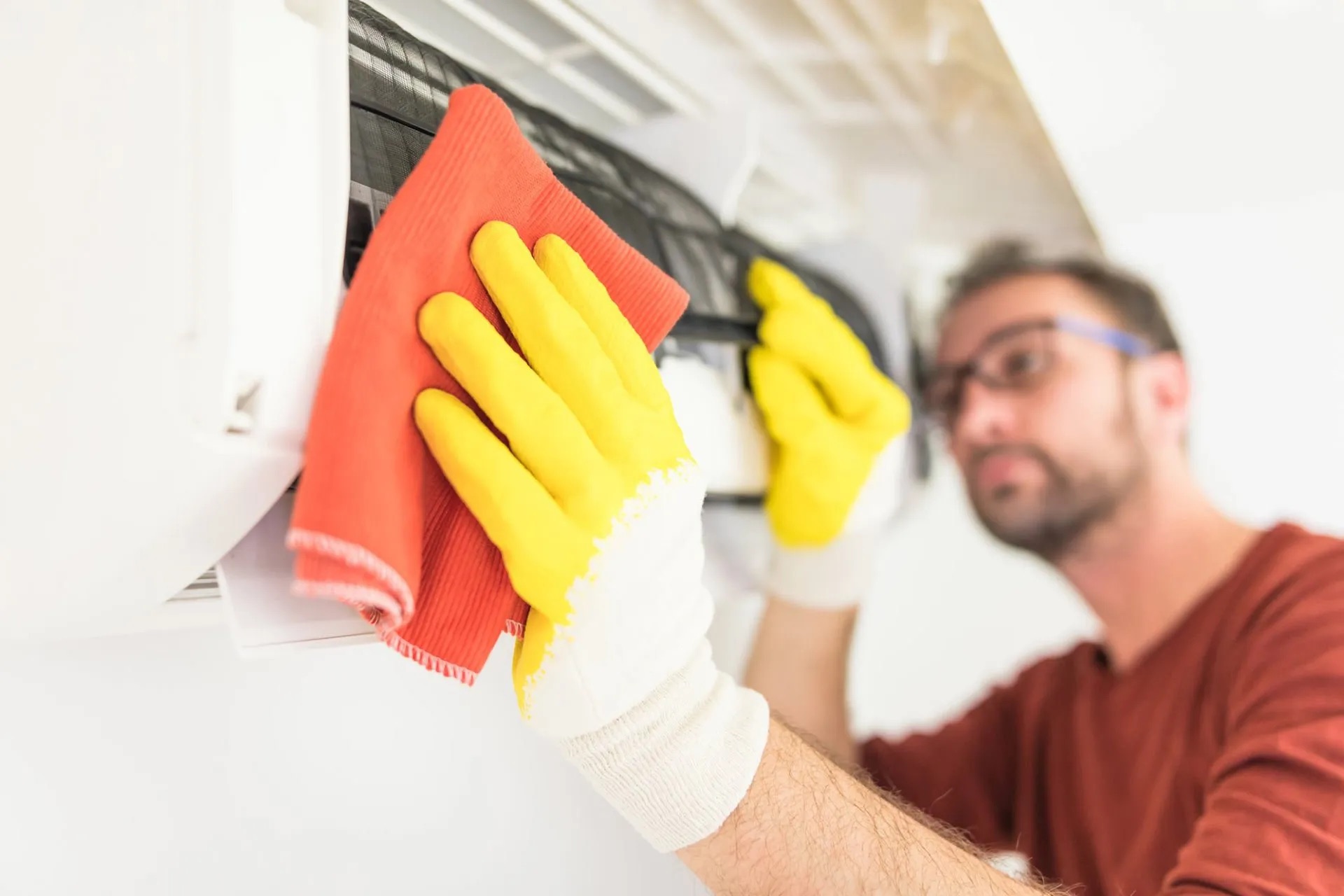

Articles
How To Make Your HVAC Smell Good
Modified: October 20, 2024
Discover effective articles on how to make your HVAC system smell good. Implement these tips to improve the air quality in your home and enjoy a fresh and pleasant atmosphere.
(Many of the links in this article redirect to a specific reviewed product. Your purchase of these products through affiliate links helps to generate commission for Storables.com, at no extra cost. Learn more)
Introduction
Welcome to the ultimate guide on how to make your HVAC system smell good. As homeowners, we all want our homes to smell fresh and pleasant, and a major factor in achieving this is ensuring that our heating, ventilation, and air conditioning (HVAC) system doesn’t emit any unpleasant odors. An HVAC system that emits foul smells can not only be unpleasant to live with, but it may also indicate underlying issues that need to be addressed. In this comprehensive guide, we will explore various methods to tackle unpleasant HVAC odors and keep your home smelling clean and inviting.
Before we delve into the solutions, it’s important to understand why your HVAC system may be emitting unpleasant odors in the first place. HVAC systems circulate air throughout your home, and over time, debris, dust, and other pollutants can accumulate within the system’s components. This buildup can lead to the growth of mold, mildew, bacteria, and even pests, resulting in foul odors being emitted when the air is circulated.
The good news is that there are several effective strategies you can employ to eliminate these odors and keep your HVAC system smelling fresh. From routine maintenance to targeted cleaning techniques and the use of air fresheners, we will cover all the necessary steps to ensure your HVAC system emits a pleasant and inviting scent.
Key Takeaways:
- Regularly cleaning and changing air filters, using air fresheners and deodorizers, and addressing mold and mildew growth are essential for maintaining a fresh-smelling HVAC system and a pleasant home environment.
- Incorporating routine maintenance tasks, such as cleaning the outdoor unit and scheduling professional maintenance, is crucial for preventing unpleasant odors and ensuring optimal performance of your HVAC system.
Read more: How To Make Your Front Porch Smell Good
Cleaning and Changing Air Filters
One of the most important steps in ensuring your HVAC system smells good is to regularly clean and change the air filters. Air filters play a crucial role in trapping dust, allergens, and other airborne particles, preventing them from circulating in your home. Over time, these filters can become clogged with dirt and debris, not only diminishing their effectiveness but also contributing to unpleasant odors.
To clean your air filters, start by turning off your HVAC system. Carefully remove the air filter from its housing, following the manufacturer’s instructions. If the filter is reusable, use a vacuum cleaner or rinse it with water to remove any accumulated dirt. Allow the filter to dry completely before reinstalling it. If the filter is disposable, it’s best to replace it with a new one according to the manufacturer’s recommended schedule.
Regularly changing or cleaning your air filters not only improves the air quality in your home but also helps prevent the buildup of dust and debris that can cause unpleasant odors. It’s recommended to check your air filters at least once a month and replace or clean them as needed.
In addition to cleaning or changing the filters, it’s also important to keep the area around the air intake vents clean. Dust, pet hair, and other debris can accumulate around these vents and eventually find their way into the HVAC system, causing odors and potentially clogging the filters. Regularly vacuum and dust the area around the vents to prevent this buildup.
Using Air Fresheners and Deodorizers
Another effective method to make your HVAC system smell good is to incorporate the use of air fresheners and deodorizers. These products can help mask unpleasant odors and infuse your home with a refreshing scent.
One option is to use air fresheners designed specifically for HVAC systems. These air fresheners are typically placed near the air intake vents or within the system itself, allowing the scent to be distributed throughout your home whenever the HVAC system is running. There are a variety of scents to choose from, ranging from floral to citrus and everything in between. Make sure to follow the manufacturer’s instructions for proper placement and usage.
An alternative is to use deodorizing products such as HVAC deodorizer sprays or odor neutralizing gels. These products work by eliminating the sources of odors rather than simply mask them. They can be applied directly onto the air filters, evaporator coils, or anywhere within the HVAC system that may be contributing to the unpleasant smell. Be sure to choose products that are specifically formulated for HVAC systems and follow the instructions carefully.
In addition to using air fresheners and deodorizers, you can also incorporate natural methods to make your HVAC system smell good. Essential oils are a popular choice for creating a pleasant and inviting aroma in your home. Simply add a few drops of your preferred essential oil to a filter or cotton ball and place it near the air intake vent. As the air passes through the system, it will carry the fragrance throughout your home. Popular essential oil scents for HVAC systems include lavender, citrus, and eucalyptus.
Remember to use air fresheners and deodorizers in moderation, as overpowering scents can be unpleasant and may cause allergic reactions or irritation for some individuals. It’s always a good idea to test a small amount of the product first to ensure compatibility with your HVAC system and to evaluate the strength of the scent before applying it to the entire system.
Cleaning the HVAC System Ducts
One of the most effective ways to eliminate unpleasant odors from your HVAC system is by cleaning the ducts. Over time, dust, dirt, and debris can accumulate inside the ductwork, providing a breeding ground for mold, mildew, and bacteria. These contaminants can contribute to foul odors being circulated throughout your home. Cleaning the ducts will not only improve the air quality but also help eliminate the source of the odors.
While it is possible to clean some ductwork yourself, it is often best to hire a professional HVAC technician to ensure a thorough and proper cleaning. They have the necessary equipment, such as special brushes, high-powered vacuums, and air compressors, to effectively clean the ducts.
During the cleaning process, the technician will access the ducts through strategic access points and use various tools to dislodge and remove the accumulated debris. They may also apply sanitizing solutions to eliminate any lingering odors and kill harmful bacteria. Additionally, they can inspect for any signs of mold or other issues that may require further remediation.
It is recommended to have your HVAC system ducts cleaned every 3 to 5 years, or more frequently if you have pets, or if you notice a significant decline in air quality or persistent unpleasant odors.
Keep in mind that cleaning the ducts alone may not completely eliminate all odors if there are other underlying issues within the HVAC system. Therefore, it’s important to address any other potential sources of odors, such as dirty air filters or mold growth, in conjunction with cleaning the ducts.
Regularly changing your HVAC filter can help improve the smell of your system. A dirty filter can trap odors and spread them throughout your home.
Removing Mold and Mildew
Mold and mildew growth within your HVAC system can not only cause unpleasant odors but also pose health risks for you and your family. The presence of mold and mildew can occur due to moisture buildup within the system, often caused by condensation or water leaks. To ensure a fresh-smelling HVAC system, it’s important to address any mold or mildew growth promptly.
If you suspect mold or mildew in your HVAC system, it’s best to consult with a professional HVAC technician who can properly assess and address the issue. They will have the necessary expertise and equipment to safely remove the mold and prevent its recurrence.
The first step in mold and mildew removal is identifying the source of moisture. The technician will inspect the system for any leaks, condensation issues, or other factors contributing to the fungal growth. Once the source is identified and rectified, they will proceed with the removal process.
The removal process typically involves thorough cleaning of the affected areas using specialized antimicrobial cleaners. The technician may also use a biocide treatment to kill any remaining mold spores and prevent further growth. In severe cases, the affected components may need to be replaced to ensure complete removal of the mold and prevent it from spreading.
Prevention is key in avoiding mold and mildew growth within your HVAC system. Regular maintenance, such as checking for and fixing any leaks, controlling moisture levels, and ensuring proper ventilation, can help prevent these issues from occurring in the first place. Additionally, keeping the system clean, changing air filters regularly, and scheduling routine professional maintenance can help minimize the risk of mold and mildew growth.
It’s important to address any mold or mildew growth promptly to prevent further damage to your HVAC system and to maintain a fresh and healthy indoor environment.
Read more: How To Make A Patio Smell Good
Regular Maintenance and Cleaning
To maintain a pleasant-smelling HVAC system, regular maintenance and cleaning are essential. By implementing a routine maintenance schedule, you can prevent the buildup of dust, debris, and other contaminants that contribute to unpleasant odors.
Here are some key maintenance tasks to keep your HVAC system in top shape:
- Inspect and Clean the Outdoor Unit: Regularly check the outdoor unit for any debris, such as leaves, twigs, or grass clippings. Clear away any obstructions and ensure proper airflow. You can use a garden hose to gently rinse off the unit, being mindful not to spray directly onto electrical components.
- Clean the Indoor Components: Dust and debris can accumulate on the indoor components of your HVAC system, such as the coils, fan blades, and blower. Periodically clean these components with a soft brush or cloth to remove any buildup. Be cautious when handling electrical components and if in doubt, consult a professional.
- Check and Clean Condensate Drain Line: The condensate drain line can become clogged with algae, mold, or other debris, leading to water backup and potential musty odors. Regularly check and clean the drain line using a mixture of water and vinegar or a dedicated condensate line cleaner.
- Inspect and Tighten Electrical Connections: Over time, electrical connections within the HVAC system can become loose. Inspect and tighten any visible electrical connections, or consult a professional to ensure safe and secure connections.
- Schedule Professional Maintenance: It’s beneficial to schedule annual or bi-annual professional maintenance for your HVAC system. HVAC technicians can perform a comprehensive inspection, cleaning, and tune-up to ensure optimal system performance and efficiency. They can also detect and address any potential issues before they escalate and cause odors.
By incorporating these maintenance tasks into your routine, you can minimize the risk of unpleasant odors and ensure that your HVAC system operates efficiently, providing clean and fresh air throughout your home.
Eliminating Odors from Outdoor Units
The outdoor unit of your HVAC system is exposed to the elements, and over time, it can develop odors due to dirt, debris, and biological growth. To ensure a pleasant-smelling outdoor unit, there are several steps you can take to eliminate odors:
- Clean the Unit: Start by thoroughly cleaning the outdoor unit. Remove any visible debris, such as leaves, grass, or dirt, from the unit using a soft brush or a gentle stream of water. Avoid using high-pressure water as it can damage the delicate components of the unit.
- Inspect for Biological Growth: Check for any signs of biological growth, such as moss, algae, or mold, on the unit. If present, use a mixture of water and mild detergent to gently scrub away the growth. For stubborn growth, you may need to use a specialized outdoor unit cleaner recommended by the manufacturer.
- Trim Vegetation: Ensure that there is adequate clearance around the outdoor unit. Trim any nearby shrubs, trees, or vegetation to allow proper airflow and prevent debris from accumulating on the unit.
- Prevent Moisture Accumulation: Moisture can contribute to odor-causing biological growth. Ensure that the unit is properly installed and that the drain holes are clear and free-flowing. Promptly fix any leaks or condensation issues in the unit that may be promoting moisture buildup.
- Use Odor Eliminators: Consider using odor eliminators specifically designed for outdoor HVAC units. These products are available in various forms, such as sprays or pouches, and are designed to neutralize odors and keep the unit smelling fresh. Follow the manufacturer’s instructions for proper application and usage.
Regular maintenance and cleaning of the outdoor unit are vital in preventing odors and maintaining the efficiency of your HVAC system. By implementing these steps, you can enjoy a well-functioning and pleasant-smelling outdoor unit, contributing to the overall comfort and ambiance of your home.
Conclusion
Having a HVAC system that smells good is not only important for creating a pleasant and inviting atmosphere in your home, but it also indicates a properly functioning and well-maintained system. By following the steps outlined in this guide, you can effectively eliminate unpleasant odors and ensure your HVAC system emits a fresh and clean scent.
Start by regularly cleaning and changing the air filters, as well as keeping the area around the air intake vents free from dust and debris. Incorporate the use of air fresheners and deodorizers designed specifically for HVAC systems to enhance the scent. Consider using natural methods, such as essential oils, to infuse a pleasant aroma into your home.
Don’t forget to pay attention to the cleanliness of the HVAC system ducts, as mold and mildew growth can cause persistent odors. Hire a professional HVAC technician to thoroughly clean the ducts and address any other underlying issues. Similarly, addressing mold and mildew growth promptly is crucial to prevent further damage and maintain a fresh-smelling HVAC system.
Regular maintenance and cleaning are key to preventing odors. Stay on top of routine tasks such as inspecting and cleaning the outdoor unit, checking and cleaning the condensate drain line, and scheduling professional maintenance. By incorporating these maintenance tasks into your routine, you can minimize the risk of odors and ensure optimal system performance.
In conclusion, making your HVAC system smell good requires a combination of regular maintenance, targeted cleaning techniques, and the use of appropriate products. By following these guidelines, you can enjoy a fresh, clean, and pleasant-smelling HVAC system, contributing to a comfortable and inviting home environment for you and your family.
Frequently Asked Questions about How To Make Your HVAC Smell Good
Was this page helpful?
At Storables.com, we guarantee accurate and reliable information. Our content, validated by Expert Board Contributors, is crafted following stringent Editorial Policies. We're committed to providing you with well-researched, expert-backed insights for all your informational needs.
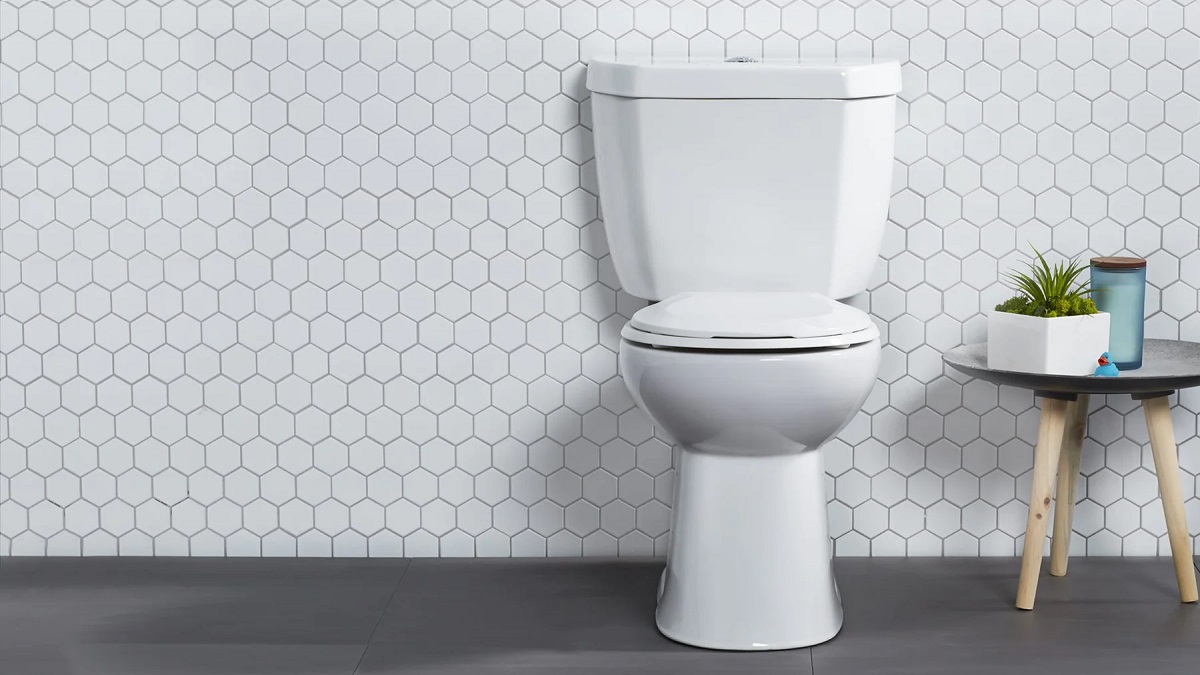
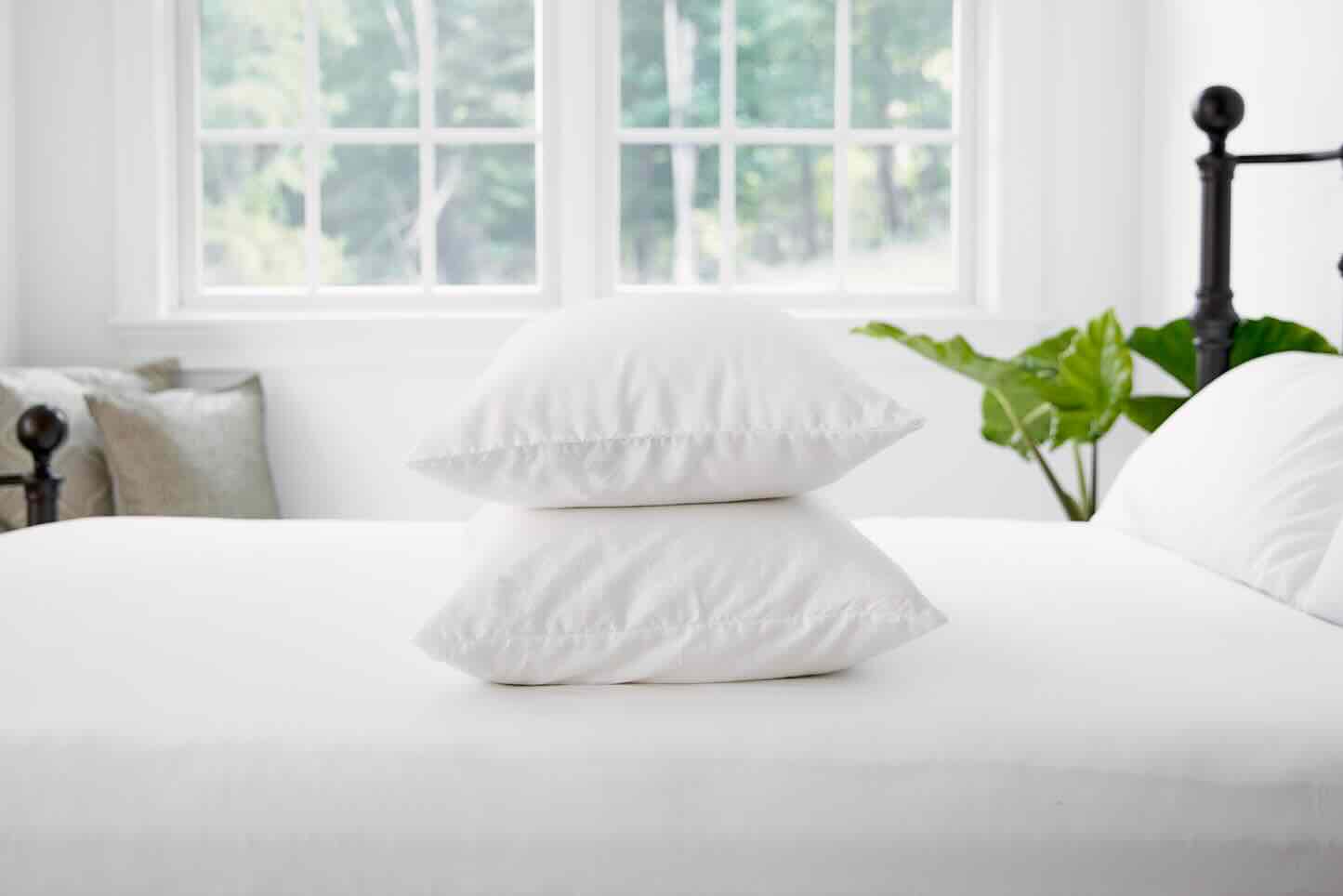


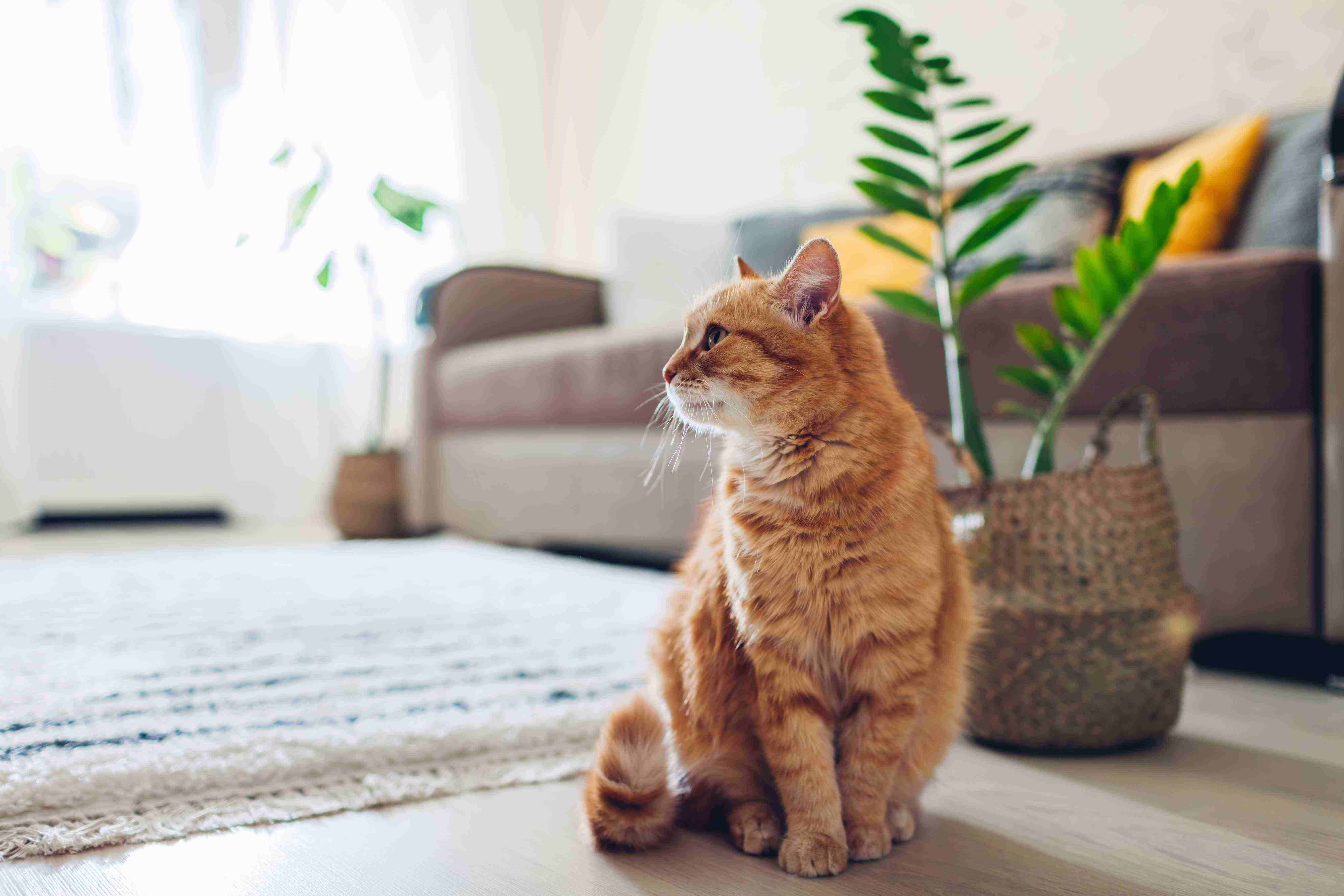
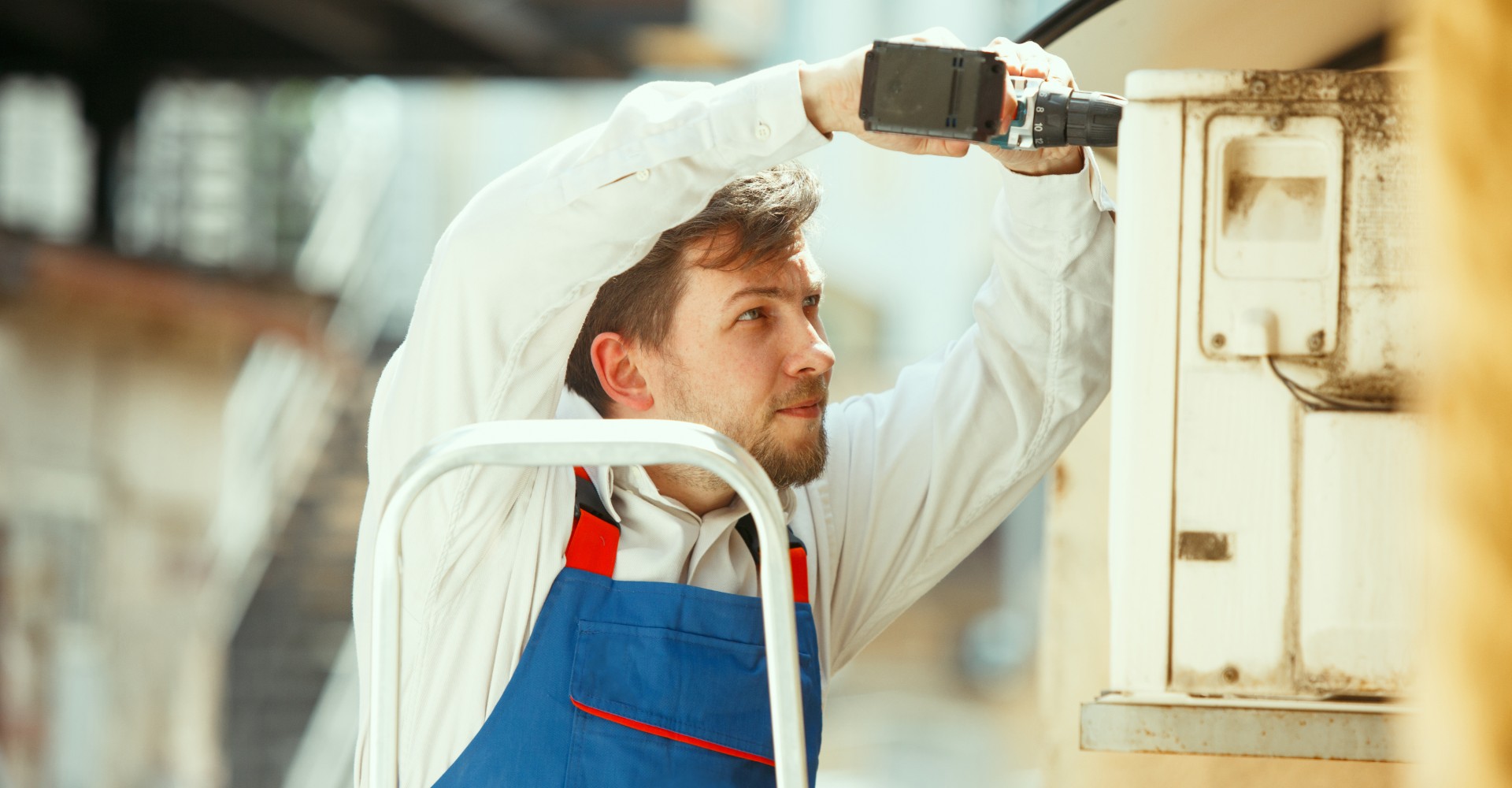
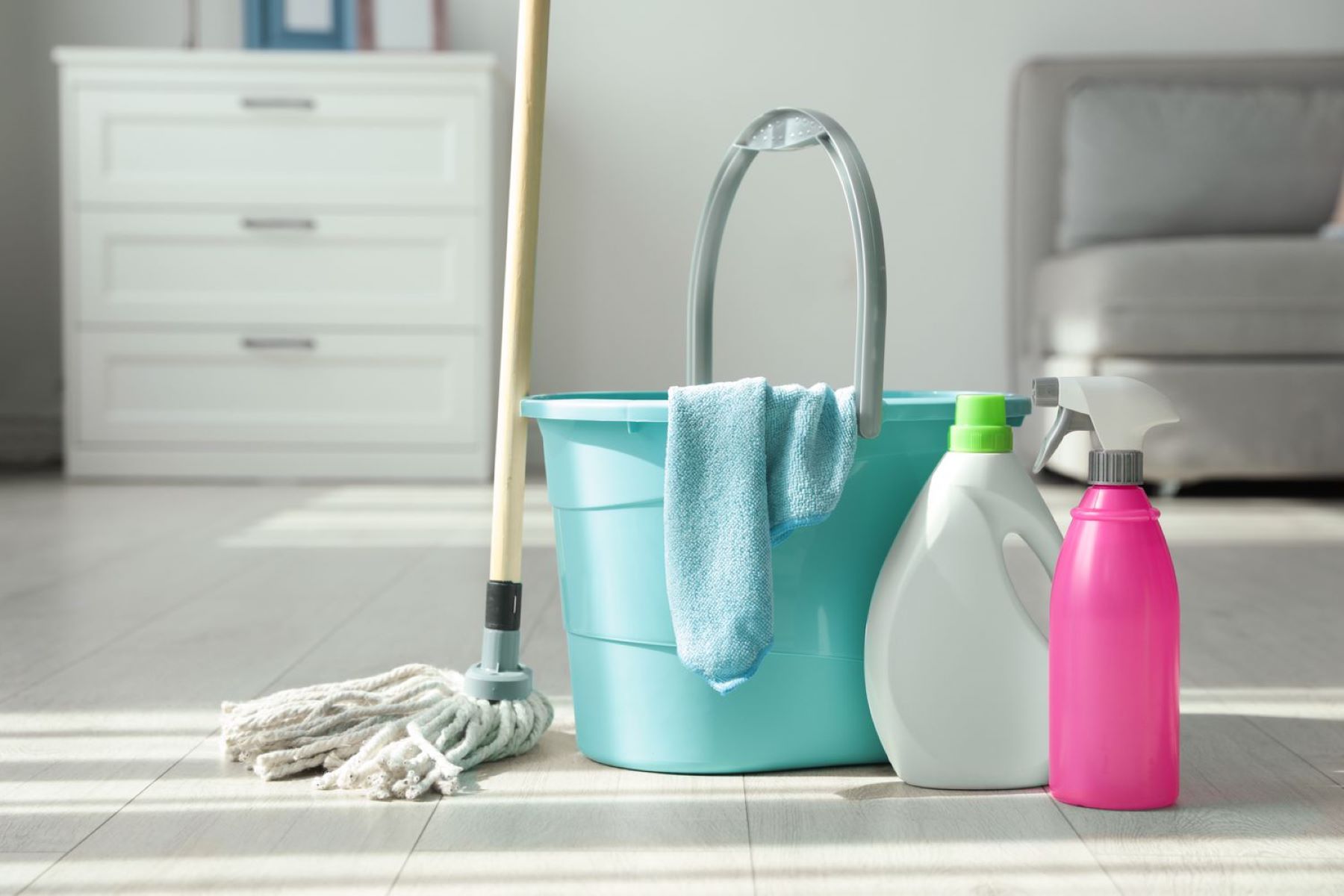
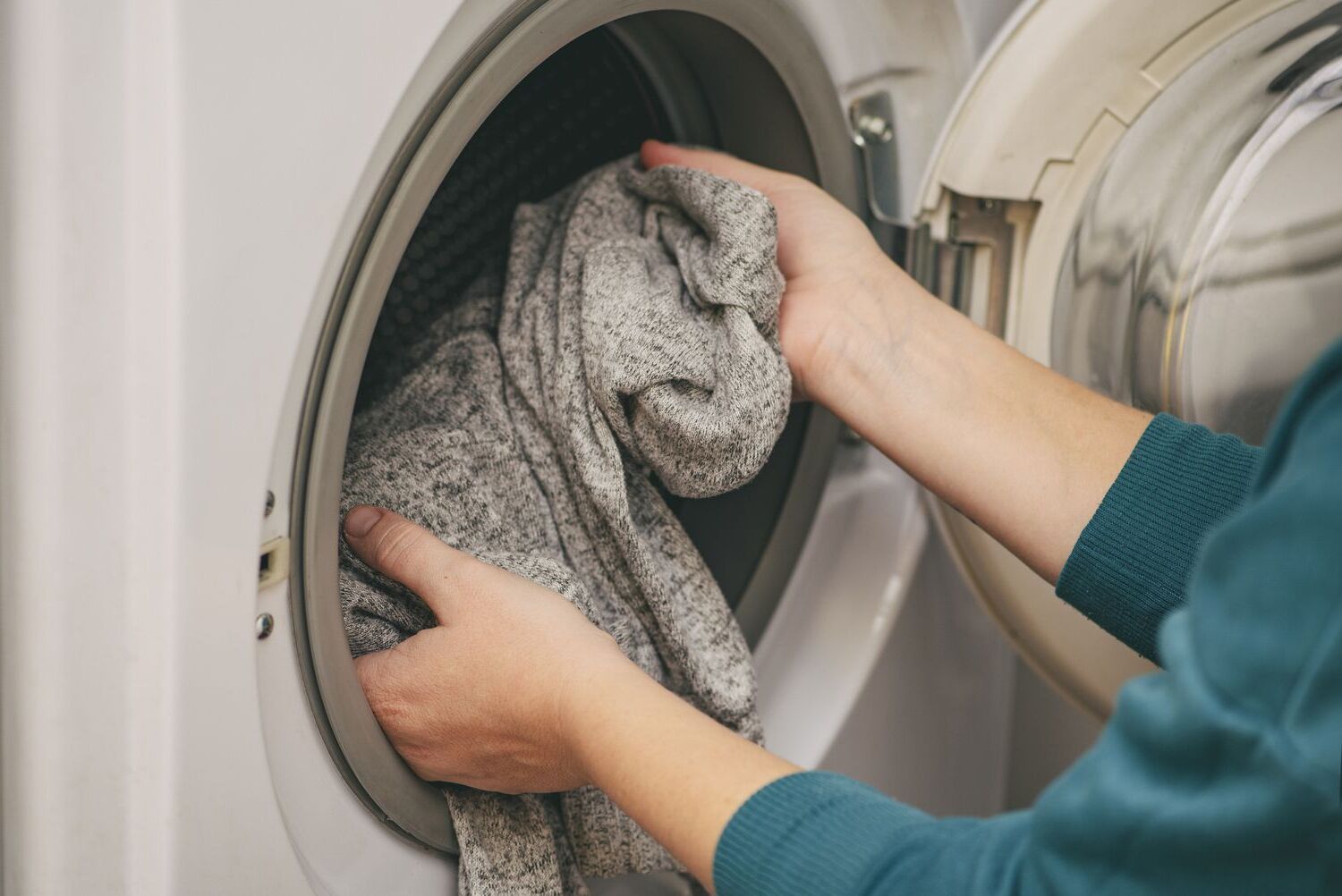
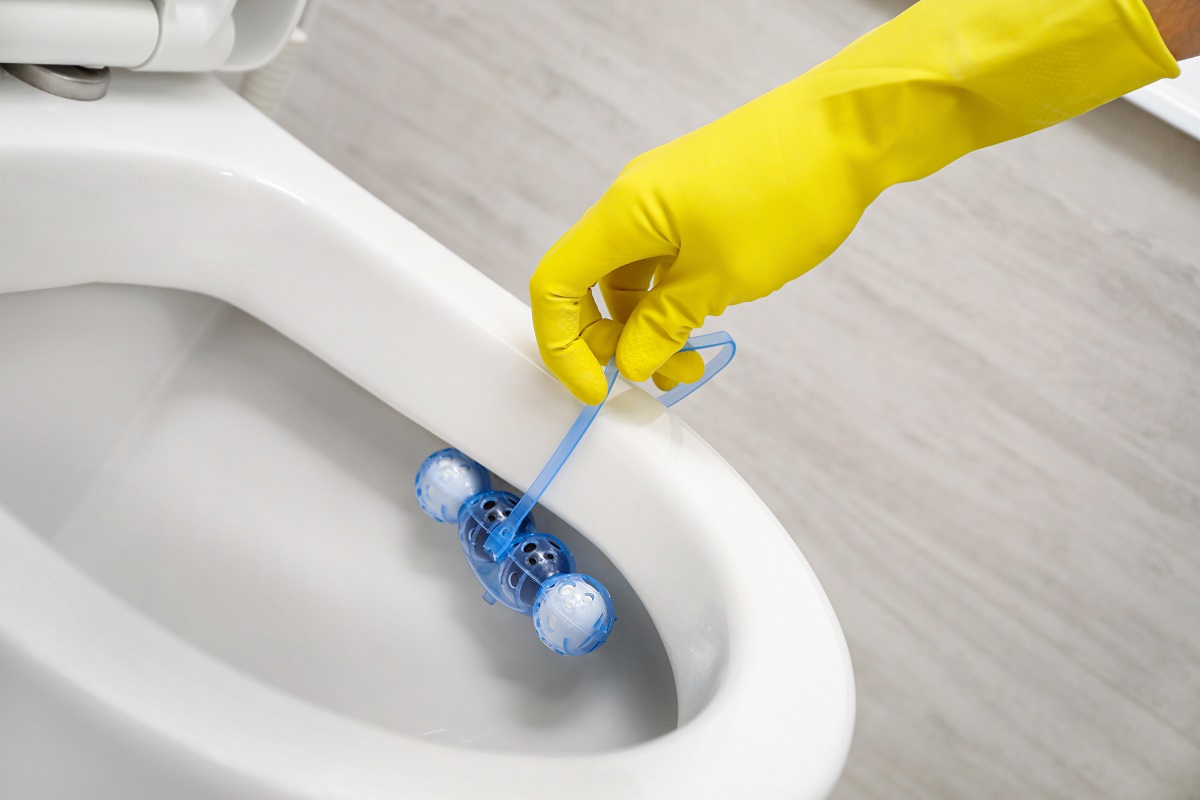
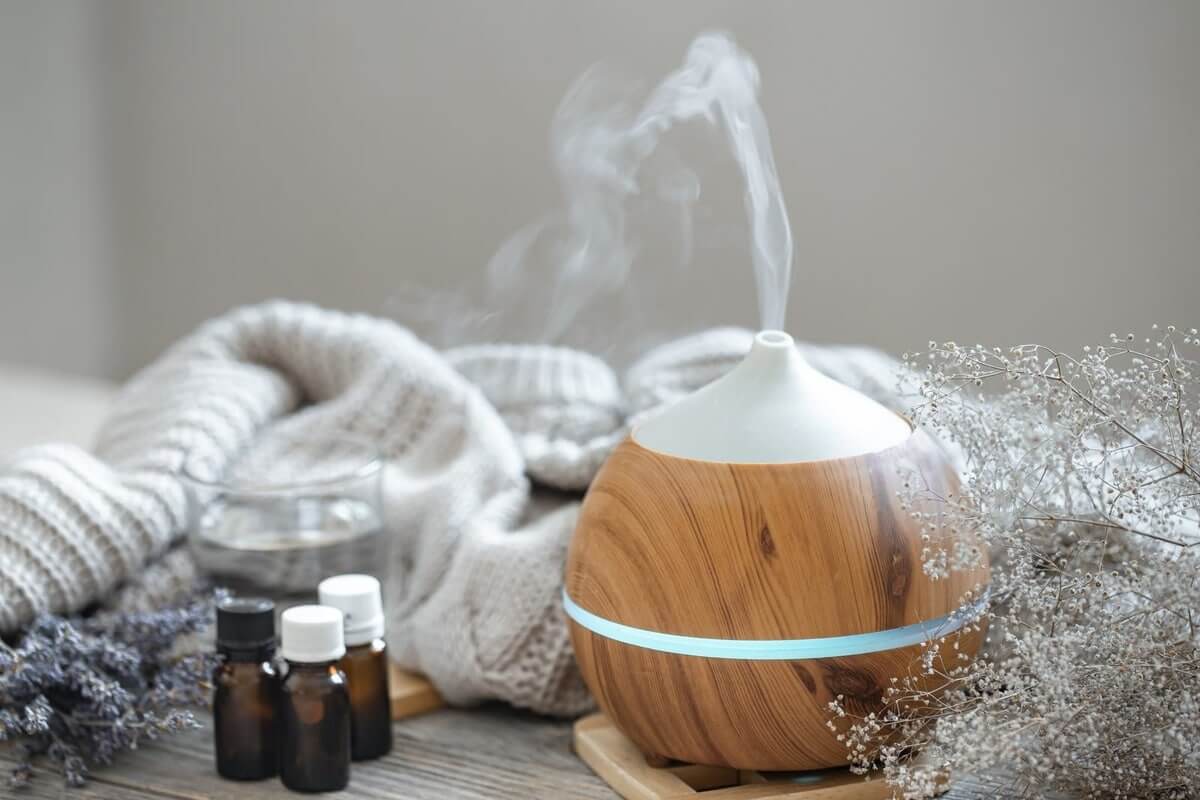
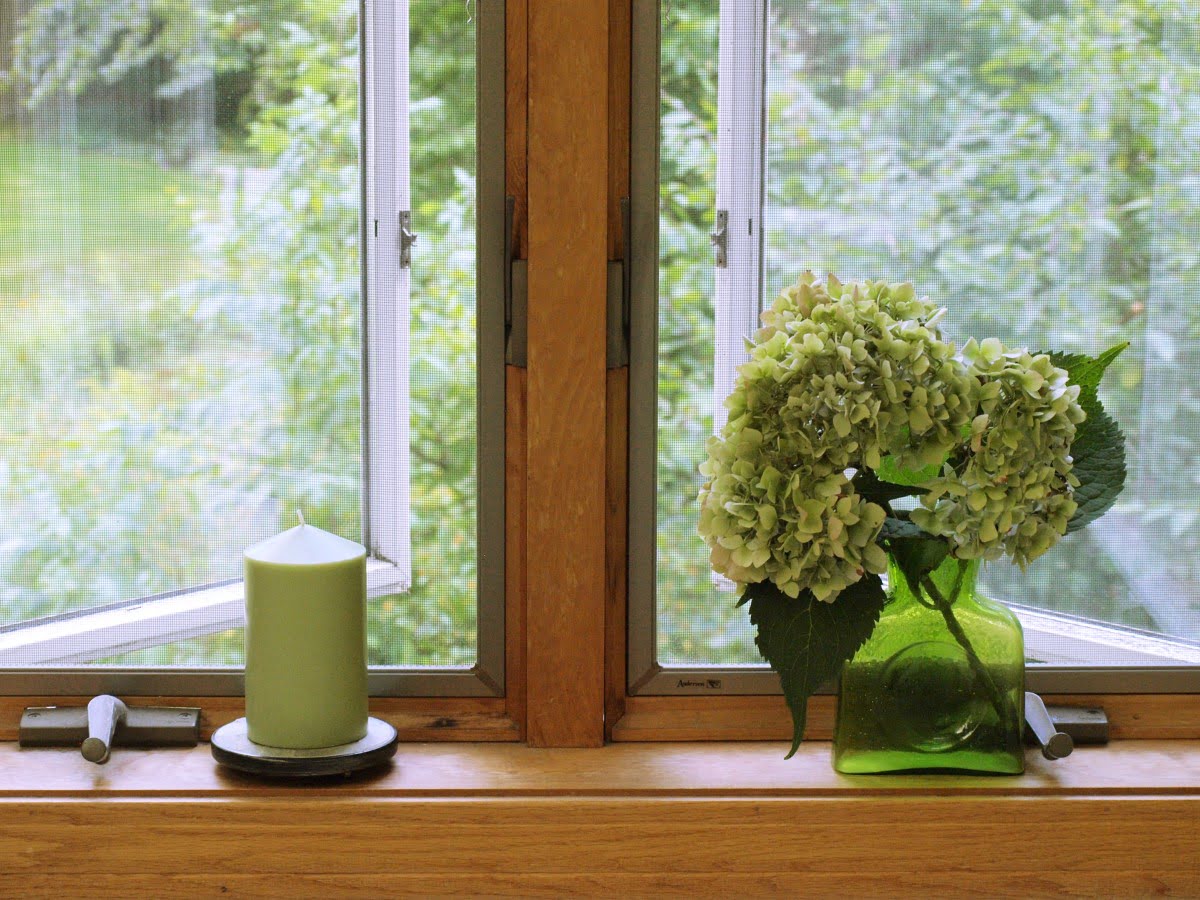


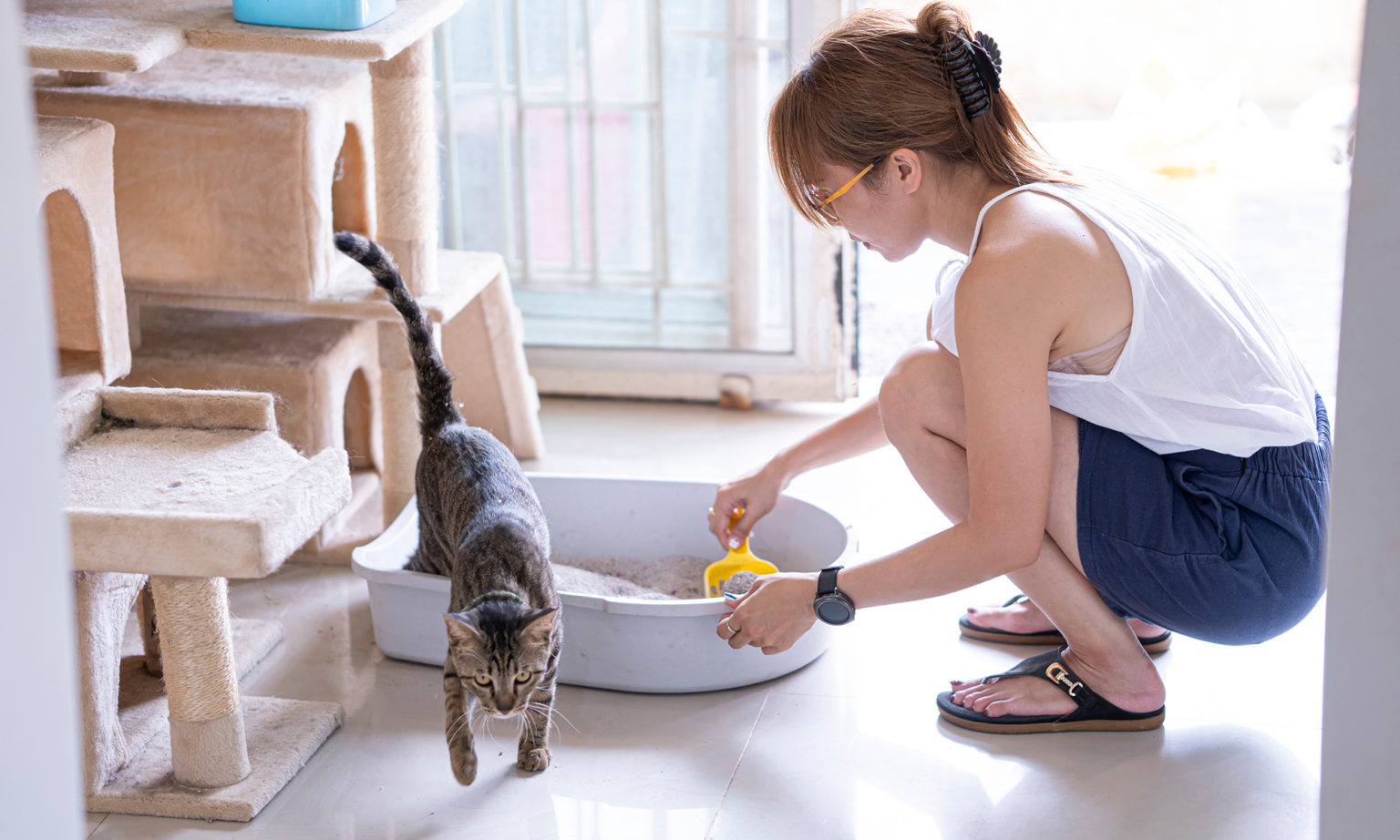

0 thoughts on “How To Make Your HVAC Smell Good”